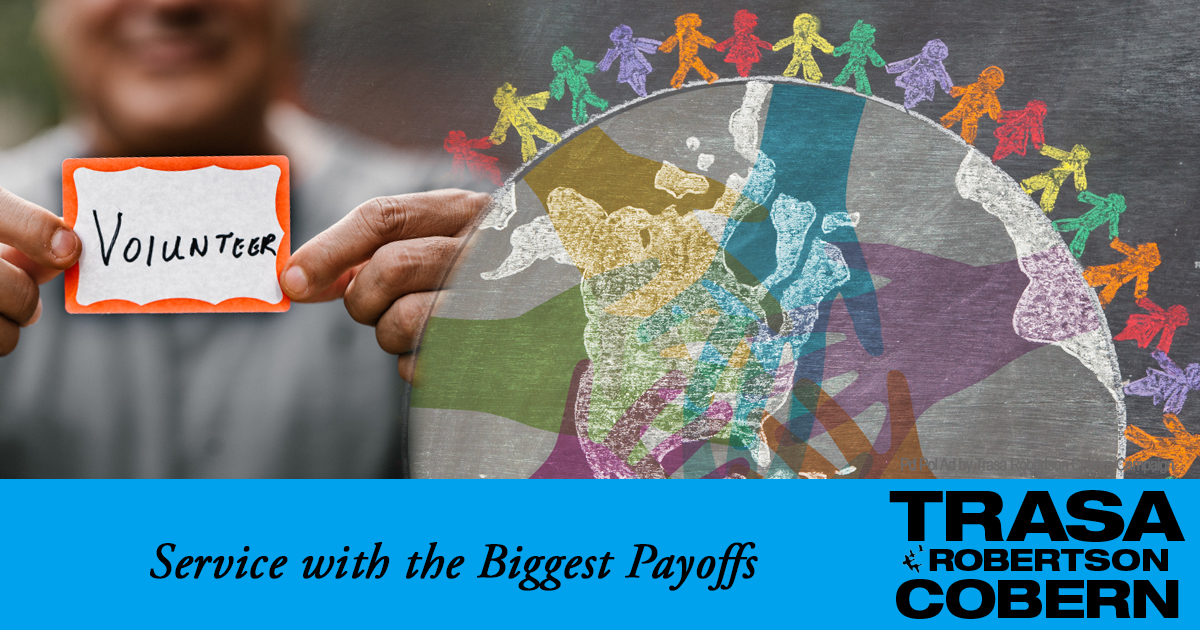“It should be your care, therefore, and mine, to elevate the minds of our children and exalt their courage,” said Founding Father John Adams. His message is that it's our collective responsibility as a society to care for and educate children, because they are the future of that society.
I teach because I completely believe that we are responsible for each other, and that I am just as responsible for someone else's child as my own. We are indeed “our brother's keeper” and must shoulder that responsibility well. And it's a responsibility that is truly a privilege.
Kids are one of the least served groups in our society, but one that has a profound impact in what our society will become. In too many cases, public schools have become babysitters in large part because of many parents' inability or unwillingness to step up as parents used to do, with the best interests of the child intersecting with the best interests of society. Many parents today are only focused on their own best interests.
But this is a short-sighted plan. Many scholars have noted the “school to prison pipeline”, where students from lower socio-economic statuses and academic statuses end up in juvenile or adult prison systems. I would argue that the majority of these students come from homes with parents who cannot or will not take responsibility for their children, and do not meet their basic physical, educational, or emotional needs.
Someone must meet these needs, or these children will continue to act out and force society to imprison them. I truly believe that one of the reasons I teach, especially in an economically challenged student body, is because I am called to make a difference in kids' lives.
I also believe, like John Adams, that you are called to make a difference in kids' lives. Your process might not be the same as mine. You might not stand in front of a classroom of kids each day to try to impart knowledge and create relationships.
But you might be like my friend Jessica, who brings pizza each month to a group of kids in my high school, as a mentor, just to let those students know that someone in the community cares what happens to them.
You might be like my friend Chad, who advocates for special needs kids and helps out on his daughter's special needs softball team.
You might be like my friend Rich, who takes time away from his own plans and schedules to speak to my students about his experiences in Afghanistan and about helping veterans.
You might be like my friend Jennifer, who created an Interact Club at our school so under-represented students could experience what it's like to volunteer for something that matters to people other than themselves.
You might be like my friend Scott, who runs an organization that provides thousands of backpacks filled with school supplies to our underprivileged youth in our district.
You might be like my friend Anne, who homeschools her own kids and teaches other homeschooled kids. She inspires them to be brilliant and to love to learn and serve.
As you can see from the list above, there's no one way to make a difference in a kid's life. Whatever your talent, whatever your God-given gifts, you can – and should – share it with a student somehow. How does God serve those kids? Through us. Make time for this. Make it a priority.
Even in schools where parents are very involved, you can be sure that kids need as much adult encouragement and support as possible. A handful of teachers and a couple of parents can't be everything to every child. Think of all the adults who gave you a hand along the way. It's your turn to be that hand to a child in your community.

